Free Presentations
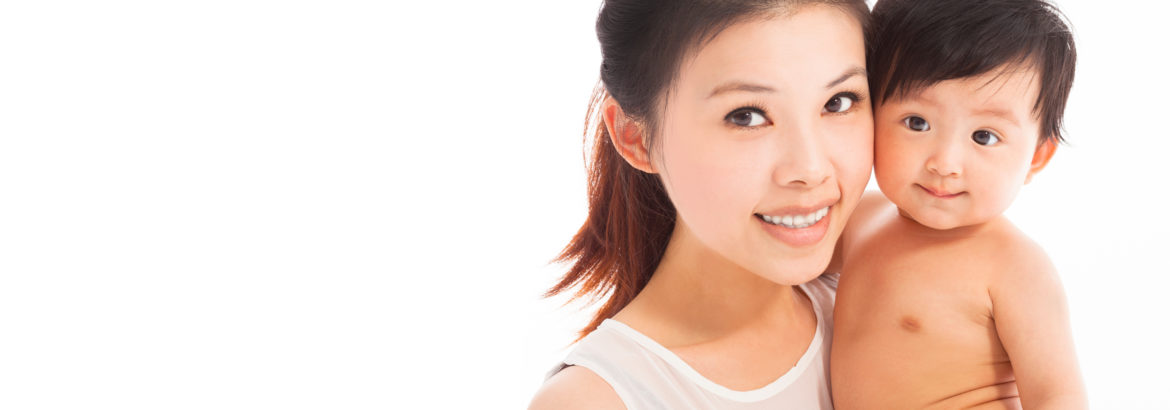
Free presentations
Click on the purple ‘Watch now’ button above to access the free presentations.
Our current conference
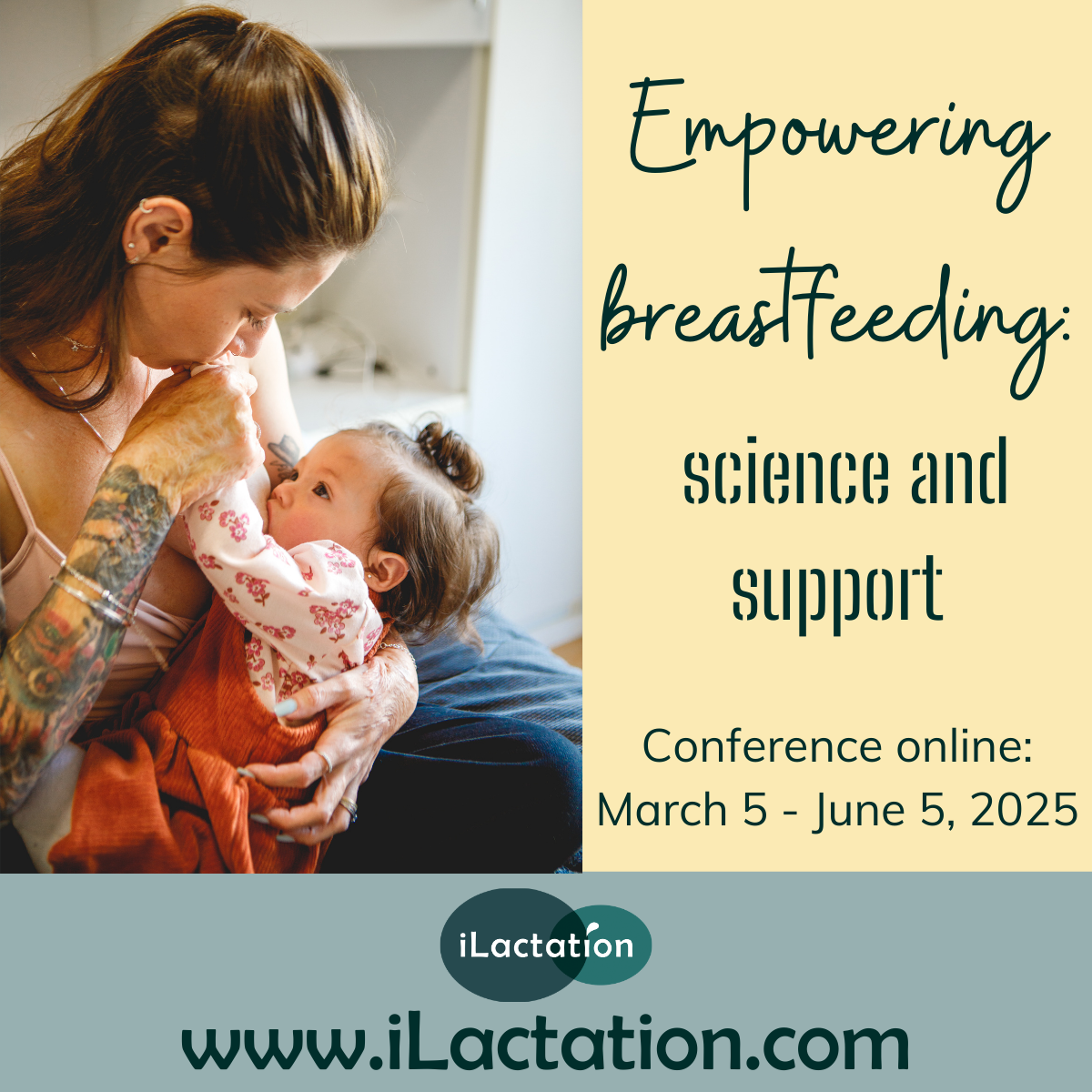
Below are the details of available free presentations.

Please note no CERPs are available for the free presentations, only with our paid conferences. Click on the Watch Now button above to access the free presentations.
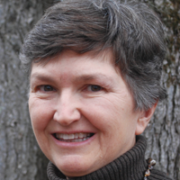
Watch Their Language
Diane Wiessinger, retired IBCLC and La Leche League Leader - Read moreWatch Their Language
Diane Wiessinger
Diane Wiessinger, retired IBCLC and La Leche League Leader, has spoken across North America and abroad on maternal and infant sleep, how our mammalian heritage affects birth and breastfeeding, and how the words we use influence our view of breastfeeding. She is the author of numerous articles and handouts, and is a co-author of the eighth edition of La Leche League International’s The Womanly Art of Breastfeeding, and Sweet Sleep: Nighttime and Naptime Strategies for the Breastfeeding Family, a La Leche League International book on the practicalities and controversies surrounding infant sleep.
Watch Their Language
Watch Their Language is the latest update of Diane Wiessinger’s original article, Watch Your Language. Digging deeper, the talk investigates the separate goals of scientific journals, breastfeeding researchers, and breastfeeding helpers, and how the phrasing used by each can work for or against those goals.

Celebrating World Breastfeeding Week 2019
Breastfeeding: one man's perspective
James Akre, BA, MPIA
- Read more
Celebrating World Breastfeeding Week 2019
Breastfeeding: one man's perspective
James Akre, BA, MPIA
James Akre is a freelance author, speaker, reviewer and commentator who focuses on the sociocultural dimension of the universal norm for nurturing and nourishing children; and on pathways for making breastfeeding and human-milk feeding ordinary once again everywhere. He summarized his vantage point in The problem with breastfeeding. A personal reflection (Hale Publishing, 2006), which is available as well in French (Editions du Hêtre, 2009).
With degrees in sociology and public and international affairs, and course work in public health at the master’s level, his international public health and human development career spans more than five decades, including a combined total of 30 years with the International Labour Office and UNICEF (the United Nations Children’s Fund), and the World Health Organization in the field of international public health nutrition; and seven years promoting rural development and public health in Turkey, Cameroon and Haiti.
He has also served as a member of the editorial board and a reviewer for the International Breastfeeding Journal; a reviewer for the journals Pediatrics and Maternal & Child Nutrition, and for the Danish Council for Independent Research; a member of the Scientific Advisory Committee of La Leche League France; and a member (2004-2010) of the Board of Directors of the International Board of Lactation Consultant Examiners (IBLCE).
Breastfeeding: one man’s perspective
To provide insight, from a male’s perspective, into breastfeeding’s significance for mothers, children and society, I will draw on my memories of childhood, my formative family experiences, my life and work in a variety of cultures on five continents, my career in international public health nutrition, and my passionate commitment to breastfeeding and human-milk feeding for children everywhere.
James’ credentials: a mammal since 1944, a dad since 1974, and a granddad since 2000. Being male in no way disqualifies someone from adopting a pro-breastfeeding perspective. We don’t need to be scientists to conclude that we won’t achieve our developmental potential if we fail to consume the unique first food that is tailor-made for us.Breastfeeding is neither a woman’s issue nor a man’s issue. It is a human issue of fundamental importance to us all.
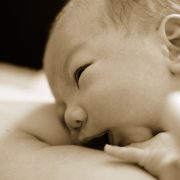
An implementation algorithm to improve skin-to-skin practice in the first hour after birth
Dr Kajsa Brimdyr, Dr Karin Cadwell and Jeni Stevens - Read moreAn implementation algorithm to improve skin-to-skin practice in the first hour after birth
Kajsa Brimdyr, PhD, CLC
Dr Kajsa Brimdyr is an experienced ethnographer, researcher and international expert in the implementation of continuous, uninterrupted skin to skin in the first hour after birth. She is the Lead Ethnographic Researcher for Healthy Children Project, Inc., a non-profit, NGO. She is a published author and the award winning director of The Magical Hour: Holding Your Baby for the First Hour After Birth, produced with Ann-Marie Widström and Kristin Svensson, and together the three also created and produced the groundbreaking DVD Skin to Skin in the First Hour after Birth: Practical Advice for Staff after Vaginal and Cesarean Birth. Her current research involves using video ethnography to change practice in hospital settings to improve continuous skin-to-skin for the first hour after cesarean and vaginal births, and the implications of labor medications on this vulnerable time.
Karin Cadwell, PhD, RN, FAAN, ANLC, CLC, IBCLC
Dr Karin Cadwell is a nationally and internationally recognized speaker, researcher and educator. She is a member of the faculty of Healthy Children Project,Inc and convened Baby-Friendly USA, the organization implementing the UNICEF Baby-Friendly Hospital Initiative in the United States. Dr Cadwell counsels breastfeeding mothers at the Center for Breastfeeding, a community-based lactation clinic on Cape Cod. Dr Cadwell is a delegate to the U.S. National Breastfeeding Committee. She was a member of the faculty of Union Institute & Universities Bachelor’s, Master’s and PhD degrees in maternal child health-lactation consulting. She was Visiting Professor and chair of the Health Communications Master’s Program at Emerson College (a joint program with Tufts University School of Medicine and Public Health.) She is the author of numerous books and articles including; The Pocket Guide for Lactation Management, Breastfeeding A – Z: Terminology and Telephone Triage, Case Studies in Breastfeeding, Maternal and Infant Assessment for Breastfeeding and Human lactation and Reclaiming Breastfeeding for the United States. She has led delegations focusing on Breastfeeding and Human Lactation to China, Sweden, Denmark, Russia, Romania, Latvia, Cuba, Egypt, and Israel. Dr Cadwell was awarded the designation IBCLC in 1985 for “significant contribution to the field” and has also certified by exam.
Jeni Stevens, RN, RM, IBCLC
Jeni Stevens is a PhD candidate from Western Sydney University, Australia. Jeni is a mum of four young men, a Registered Nurse and Midwife and a lactation consultant. Jeni completed an honours research degree in 2010, which focused on the role of a Doula in Australia. She is currently completing her PhD and is a Clinical Midwifery Consultant in Infant Feeding in a Sydney Hospital.
An implementation algorithm to improve skin-to-skin practice in the first hour after birth
Evidence supporting the practice of skin-to-skin contact and breastfeeding soon after birth points to physiologic, social, and psychological benefits for both mother and baby. The 2009 revision of Step 4 of the WHO/UNICEF “Ten Steps to Successful Breastfeeding” elaborated on the practice of skin-to-skin contact between the mother and her newly born baby indicating that the practice should be “immediate” and “without separation” unless documented medically justifiable reasons for delayed contact or interruption exist. While in immediate, continuous, uninterrupted skin-to-skin contact with mother in the first hour after birth, babies progress through 9 instinctive, complex, distinct, and observable stages including self-attachment and suckling. However, the most recent Cochrane review of early skin-to-skin contact cites inconsistencies in the practice; the authors found “inadequate evidence with respect to details … such as timing of initiation and dose.” We introduce a novel algorithm to analyse the practice of skin-to-skin in the first hour. The algorithm considers the mother’s Robson criteria, skin-to-skin experience, and Widström’s 9 Stages. The use of a tool to analyse the implementation of skin-to-skin care in the first hour after birth illuminates the successes, barriers, and opportunities for improvement to achieving the standard of care for babies.
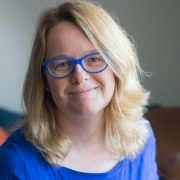
Talking to children about breastfeeding: the need for ANTE antenatal education
Emma Pickett, IBCLC - Read moreTalking to children about breastfeeding: the need for ANTE antenatal education
Emma Pickett, IBCLC
After spending 9 years as a primary school teacher and Deputy Head in inner London, Emma became a mother and realised how desperately breastfeeding support was needed by so many. She qualified as a Breastfeeding Counsellor with the Association of Breastfeeding Mothers in 2007. She started volunteering on the Department of Health’s National Breastfeeding Helpline when it first opened, alongside offering support for families at home and at drop-in groups.
She became an International Board Certified Lactation Consultant in 2011, recertified in 2016 and continues to offer voluntary support at groups across West Haringey and volunteer on the National Breastfeeding Helpline and ABM national helpline alongside her private lactation consultant work.
Emma is the author of You’ve got in in you – a positive guide to breastfeeding and her latest book The breast book published in March 2019.
The Breast Book: A puberty guide with a difference – it’s the when, why and how of breasts
When breasts first start to grow, no one talks about it. There aren’t any greetings cards that say, ‘Woo Hoo! Your breasts are developing!’ but you get a birthday card when you are ten and that’s just about planet Earth going around the Sun ten times.
Why don’t we say, ‘Woo Hoo!’? Because we live in a society where we often get uncomfortable and look at the floor when it comes to talking about breasts.
They seem to be important in lots of ways but then there are these confusing rules that say when we’re allowed to notice them and talk about them, and when we’re not.
This book tells you all about breasts and helps you to feel confident about their arrival. They are much more than just a pair of bumps that can fit into a bra. Breasts can do amazing things that scientists are only beginning to understand. This book says, ‘Woo Hoo!’ and ‘Wow!’ and ‘Isn’t that amazing?’ It says, ‘Congratulations!’ and also says, ‘I know this feels a bit weird too.’ Your body has looked the same for a long time and now things are changing. That can take some getting used to.
Let’s get to know more about our two lifelong buddies with the WHEN, HOW and WHY of breasts.
Pinter & Martin for purchases in the UK.
Wordery for purchases outside the UK with FREE international delivery.
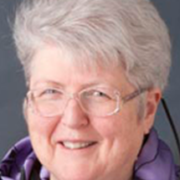
Why milk matters
Maureen Minchin, BA(Hons), MA(Melb), TSTC - Read moreWhy milk matters
Maureen Minchin, BA(Hons), MA(Melb), TSTC
Medical historian and health educator Maureen Minchin has been involved in global efforts to promote evidence-based infant feeding for decades, and is internationally recognised for her pivotal role in creating the lactation consultant profession. She has been a consultant to international bodies such as the World Health Organization (WHO) and the United Nations Children’s Fund (UNICEF). She has educated health professionals, including through creating university-based courses in the UK and Australia. And she is an Editorial Board member for the open-access online International Breastfeeding Journal.
Maureen is the author of Food For Thought: A Parent’s Guide to Food Intolerance and Breastfeeding Matters: what we need to know about infant feeding, as well as journal articles and background briefing papers for the WHO and USAID. Having three children in the 1970s, she experienced hospital practices that made breastfeeding difficult and allergy inevitable, with life-changing consequences for her children. She has since spent a lifetime providing advice and support to allergic families, while also working to improve health professionals’ education and training. Her latest book, Milk Matters: infant feeding and immune disorder has just been published in 2015.
Why milk matters
This presentation outlines some of the science and history supporting the milk hypothesis as an explanation for the global emergence of immune disorder and the so-called NCDs, the non-communicable diseases. It will argue that compounding intergenerational impacts of changes in infant feeding have in fact created vertically communicated disease, by altering microbiomes and affecting genetic expression, in ways proven to be transmissible between the generations, and not only from mothers to children. Milk samples the total environment and facilitates infant adaptation to it, providing a complex mixture of bioactive components and balanced nutrients that have never been, and cannot be, replicated industrially. It will summarise some of the key ways in which artificial feeding has been shown to alter normal human development, and suggest reasons why this critically important research has not been better conducted, understood, or acted upon. It will outline some of the structural changes – to the care of women and infants, and wider social policies – needed to halt and perhaps reverse the damage already created in genomes and microbiomes by a century of global artificial feeding. It will provide participants with a clearer understanding of the critical importance to human health – present and future – of the World Health Organisation (WHO) recommendation that all infants, in every country, ideally will be solely breastfed to around six months, and continue to be breastfed into the second year and beyond.



